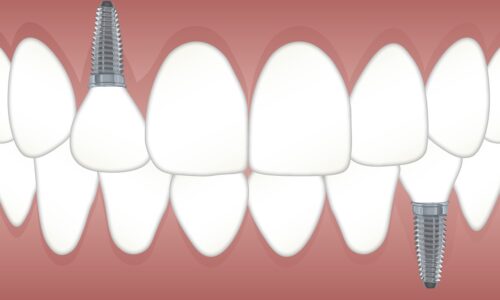Our knees allow our legs to bend and absorb the shock from walking, running, and jumping. Because of this, they are essential for performing a wide variety of movements. When your knees hurt, even basic movements, such as walking, sitting, or standing become difficult to accomplish.
Knee pain can strike when one of the four elements that comprise the knee become compromised: the bones, ligaments, muscle, or tendons. Common causes for damage to these tissues include osteoarthritis or rheumatoid arthritis. Overexertion can cause the ligaments, tendons, or muscles to tear. Blunt force impact or other similarly traumatic force can break or fracture bones in the region of the knee and cause lasting pain.
When you experience knee pain of any sort, it is critical you seek treatment immediately to avoid serious complications that could leave you disabled for life. Below are five effective treatments and medications for knee pain.
Chiropractic Care
With training specialized in treating structural defects, knee pain treatment MI chiropractors can provide relief for knee pain with a range of chiropractic techniques. To decrease swelling and improve motor function, a chiropractor may use ultrasound, muscle stimulation, or heat treatment. Spinal adjustments may also be helpful, especially if the knee pain is the result of poor alignment between the pelvis and the spine.
Acetaminophen
Acetaminophen can reduce the effect of mild to moderate pain. This non-steroidal anti-inflammatory drug is available over the counter at your local pharmacy in both oral and topical forms. Keep in mind, however, that acetaminophen is not a cure for knee pain. Take it so you can function well enough to see a doctor or chiropractor about your condition.
Prescription Drugs
If your knee pain requires it, a doctor may prescribe stronger knee pain medication to provide relief. Stronger NSAIDs or oral steroidal drugs can help reduce swelling and pain. Your doctor or chiropractor may also prescribe other medicines or treatments to aid with healing.
Injectable Medications
For quick relief of very intense pain, your doctor may administer pain relief medication in the form of corticosteroids. Injected right into the site of the pain, these act quickly to reduce pain and inflammation in the area.
If your pain stems from a reduction in the amount of natural lubrication in your joints due to arthritis, your doctor may recommend viscosupplementation. During this procedure, your doctor injects a small amount of lubricating fluid to supplement the natural lubricant in your joints.
Exercise
Finally, getting lots of exercise can help reduce knee pain. If you suffer from knee pain, your doctor or chiropractor will likely require you to follow an exercise plan.
If you are overweight, exercise can help you lose weight. The loss in overall weight reduces the pressure on your knee joints, allowing them to function better.
Exercise also strengthens the muscles in your legs. This reduces the strain on your knees by giving your muscles the ability to support your body fully while you move.
Recognize your body’s limits and listen to its signals of pain. If your knee joint pain worsens, make sure you seek the advice of a medical professional who can provide a personalized plan to rectify the root of the problem.




